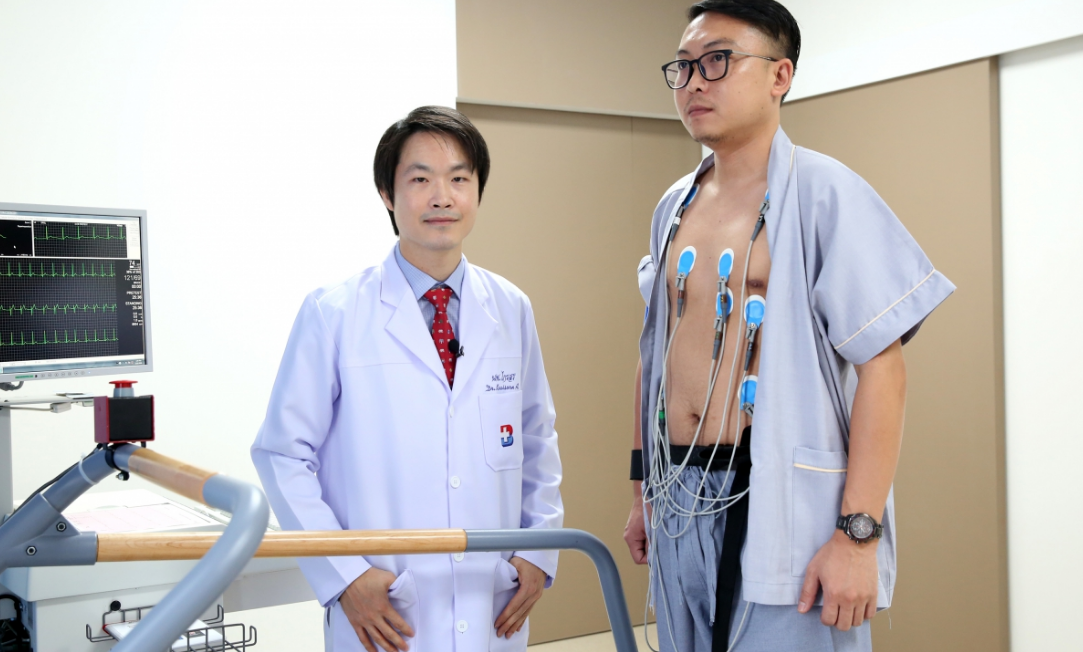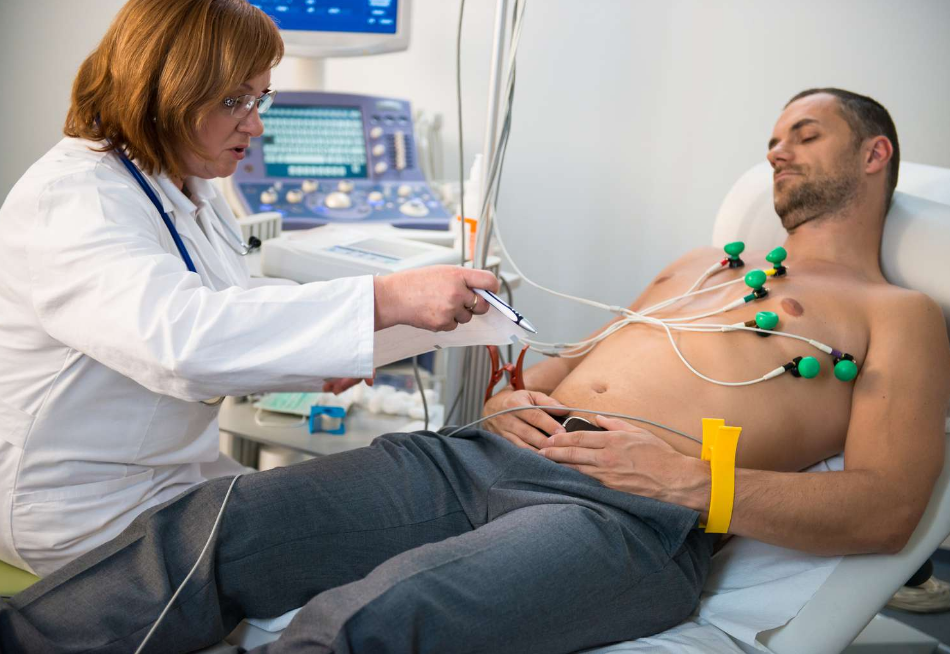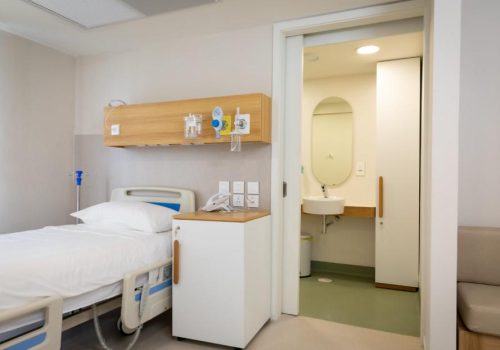Essential Cardiology Tests You Need to Know to Keep Your Heart in Check
Your heart is a vital organ that plays a crucial role in your overall health and well-being. It pumps blood throughout the body, supplying oxygen and nutrients to your cells while removing waste products. Like any other part of your body, maintaining optimal heart health is essential to ensure a long, healthy life. One of the best ways to keep your heart in check is by undergoing regular cardiology tests. So let’s discuss some of these essential tests and why they are important for monitoring your heart health.
Electrocardiogram (ECG or EKG)
It, commonly known as an ECG or EKG, is one of the most common and essential cardiology tests carried out in a cardiologist clinic. This non-invasive test records the electrical activity of your heart and helps detect irregularities in your heart’s rhythm and structure. An ECG can identify various heart conditions such as arrhythmia, coronary artery disease, and heart attacks.
Echocardiogram
It is a non-invasive ultrasound test that uses sound waves to create detailed images of your heart’s structure and function. This test allows your doctor to assess the size, shape, and movement of your heart’s chambers and valves, as well as the blood flow within your heart. An echocardiogram is often used to diagnose heart valve issues, heart muscle diseases, and congenital heart defects.

Stress Test
It as an exercise stress test or treadmill test, is used to evaluate your heart’s response to physical exertion. During this test, you’ll be asked to walk or run on a treadmill while your heart rate, blood pressure, and ECG are continuously monitored. This test helps your doctor determine if your heart is receiving enough blood and oxygen during physical activity and can help identify any blockages in your coronary arteries.
Holter Monitor
A Holter monitor is a portable device that records your heart’s electrical activity continuously for 24 to 48 hours. This test is often recommended if you have experienced symptoms such as palpitations, dizziness, or fainting that may indicate an irregular heartbeat. The continuous recording provided by the Holter monitor can help your doctor detect any abnormal heart rhythms that may not be apparent during a standard ECG.
Conclusion
Regular cardiology tests play a vital role in maintaining optimal heart health. By undergoing these essential tests, you can detect potential issues early, allowing for timely intervention and treatment. Remember, prevention is always better than cure, so make sure to keep your heart in check by scheduling regular visits to a cardiologist and adopting a heart-healthy lifestyle.





